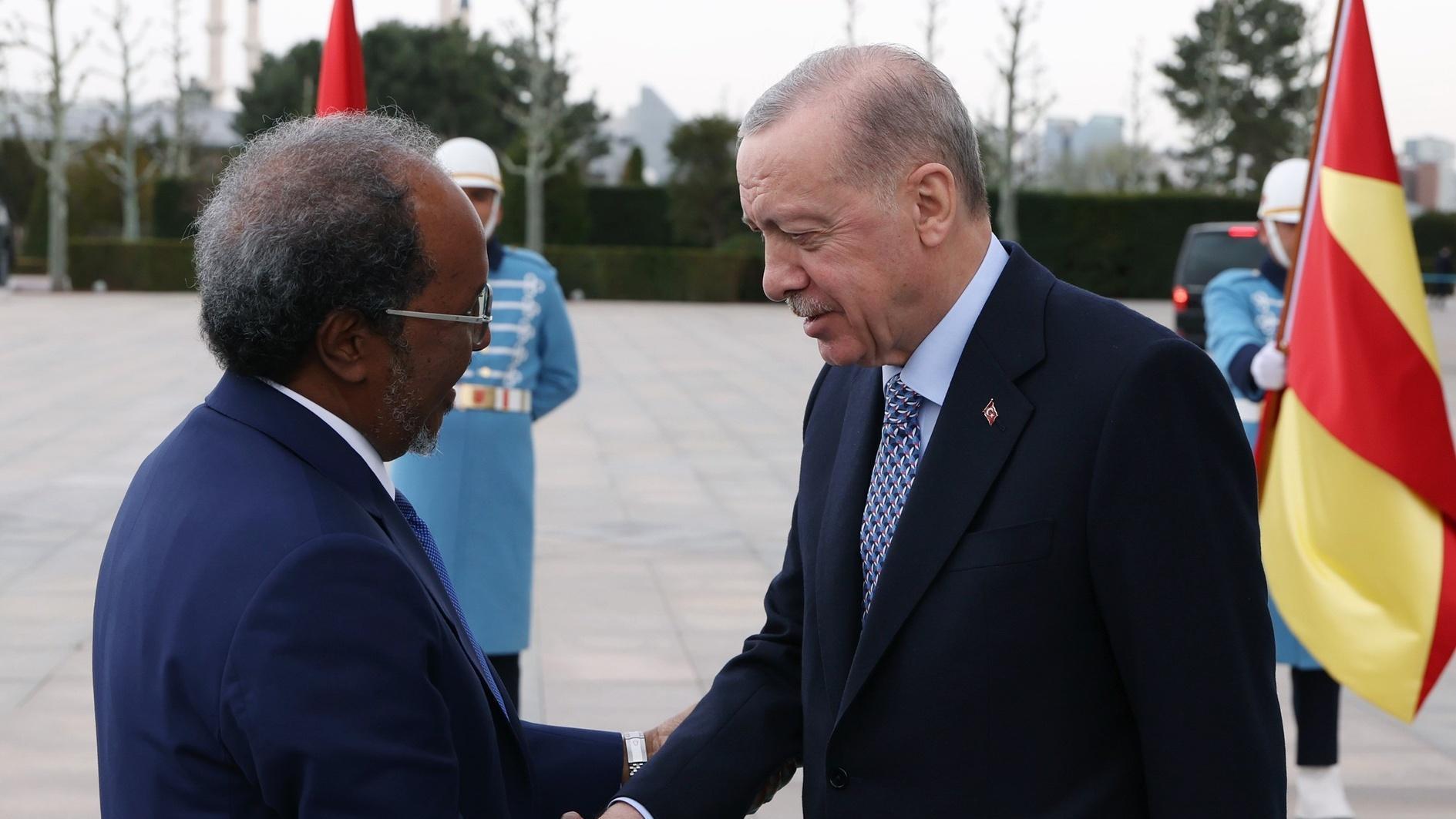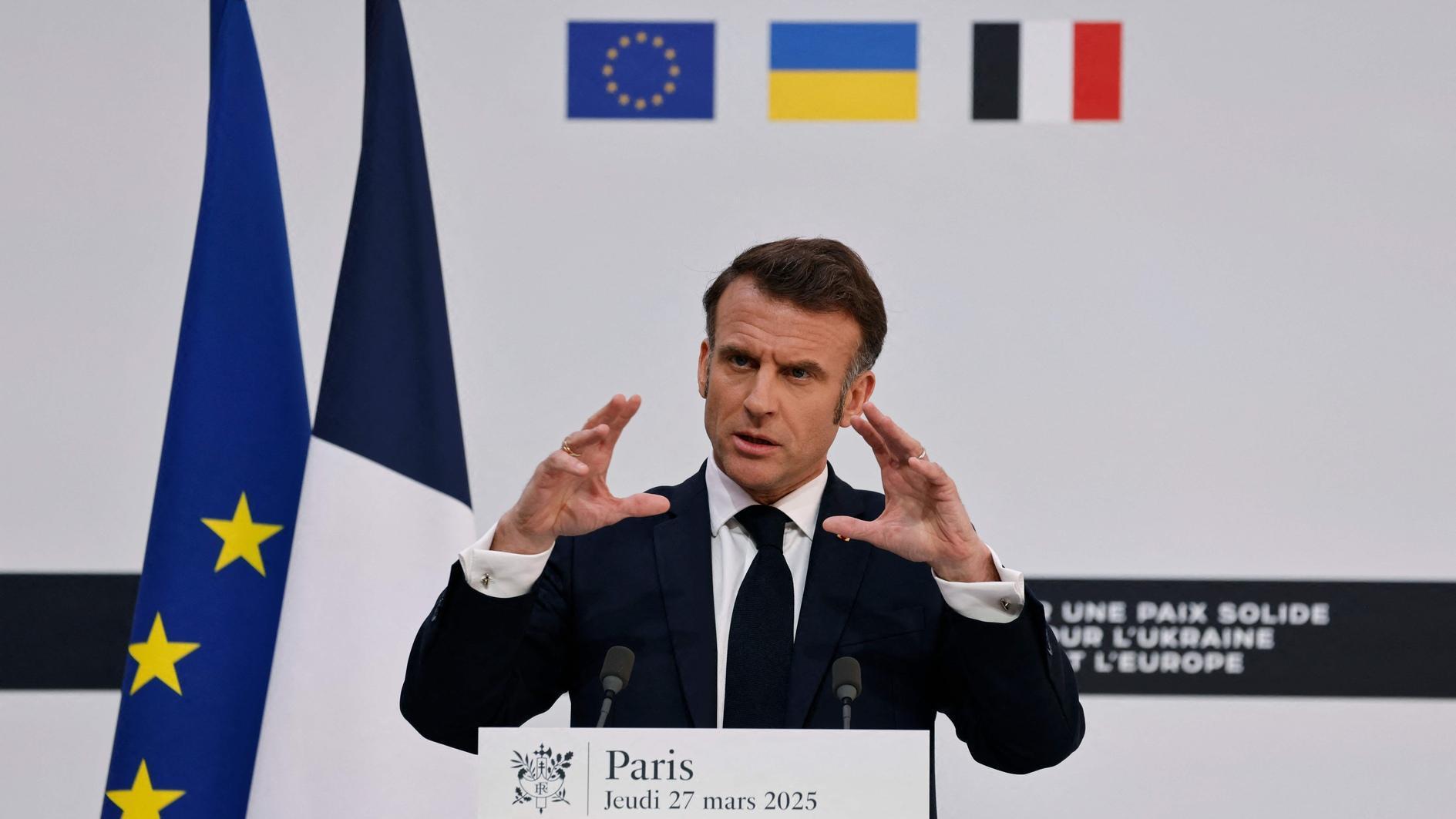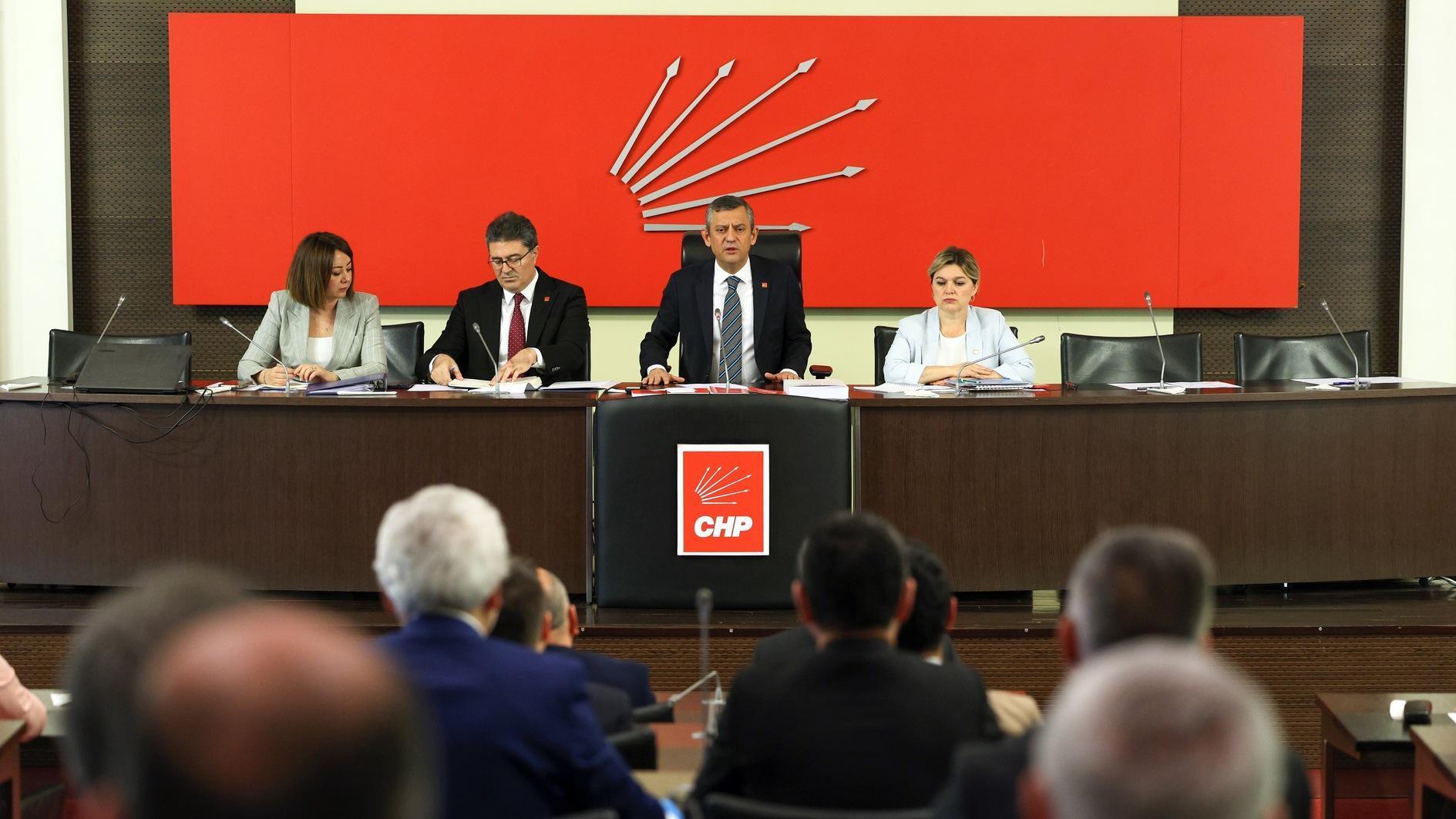When TKİ profit targets came before human life
I have to admit that before I read the activity report 2012 of the Turkish Coal Enterprises (TKİ), I had no idea that this corporation had become one of the most profitable public enterprises in Turkey.
When I say TKİ, I am talking about the public agency that is responsible for the mine in Soma where 301 of our citizens died. It is a public agency reporting to the Energy and Natural Resources Ministry. It has leased this mine to a private company but monitors the activities of enterprises 365 days a year with an on-site oversight body.
The TKİ is in charge of managing lignite pits in Turkey. There is also the Zonguldak-based Turkish Coal Institute (TTK) in charge of managing bituminous coal reserves. The TTK is excluded in this article because its production is quite low compared to the TKİ.
There are eight main enterprises of the TKİ in different places in Turkey. In 2012, the lignite production in these managements was 42.7 million tons. After this production is processed, the remaining “marketable” portion is 33.3 million tons.
An important detail here: Lignite is extracted in two methods. The first one is the open production where you do not go underground. This is a much less risky method; however, Turkey’s open lignite reserves are almost finished. The second one is underground mining.
In 2012, 31.7 million tons of lignite was produced in Turkey in above-ground mining. The amount of coal dug from under the ground was 11 million tons. The underground production is conducted in Soma by Ege Linyit Enterprises and in Kütahya, Tavşanlı by the Garp Linyitleri enterprise.
Meanwhile, 80 percent of the lignite coal produced is given to thermal power plants; also, 2.1 million tons of coal was distributed as aid to 2 million families by the government in 2012.
On page 11 of the TKİ Activity Report 2012, a graphic shows the course of the development of the underground production after the Justice and Development Party (AK Party) came to power at the end of 2002.
In the first year of the AK Party, the TKİ excavated the lignite underground using its own means. As a matter of fact, there was 1.1 million tons of production in 2003 under these circumstances. However, especially as of 2005, as the mines were leased with “state purchase guarantee” agreements and “service procurement” agreements, an important increase in production has occurred. The production, which was 1.1 million tons in 2003, had increased to 11,068,000 tons by the end of 2012.
In the service procurement agreements method, the TKİ organizes a tender and hands over the management rights of the mine – with purchase guarantees – to the company that can sell the coal to it at the lowest price per ton. In leases in which the state guarantees to purchase the coal, the TKİ is not involved either in production or the sale of the coal; it collects a portion of the profits, named “royalties,” from the company which has leased the mine. The TKİ gives the tender to the company which provides a commitment to give the highest share of royalties from sales.
Actually, in both models, the TKİ completely withdraws from production; the whole production process is placed under the control of subcontracted companies.
When tables in the activity report are reviewed, we see that the TKİ’s staff expenditures have decreased significantly as a result of subcontracting. The number of staff, which was 12,986 in 2003, decreased to 6,539 at the end of 2012. In the 10-year period between 2002 and 2012, the total production of “marketable” underground and above-ground production of the TKİ had gone up from 25.7 million to 33.3 million tons. While above-ground reserves are decreasing, a major portion of the increase came from the increase in production from the underground mines.
On the other hand, the profit of the TKİ which was 87.7 million Turkish Liras in 2003, rose significantly after 2008 and is continuing to increase steadily. The amount of profit in 2009 increased to 424 million, in 2011 to 513.8 million and in 2012 to 860 million. In other words, in a period of 10 years, the profits of the TKİ have increased ten-fold.
The whole problem lies here. The TKİ, which has achieved a high profit target by handing over the production to private companies through leasing systems, fails to pass the test on the safety of workers and effective monitoring when it comes to the modernization of the production in mines. The profit of the management comes before human life.
The vision here represents the mentality belonging to the 19th century which corresponds to the time frame Prime Minister Recep Tayyip Erdoğan chose while he was citing examples on the inevitability of mining accidents.











